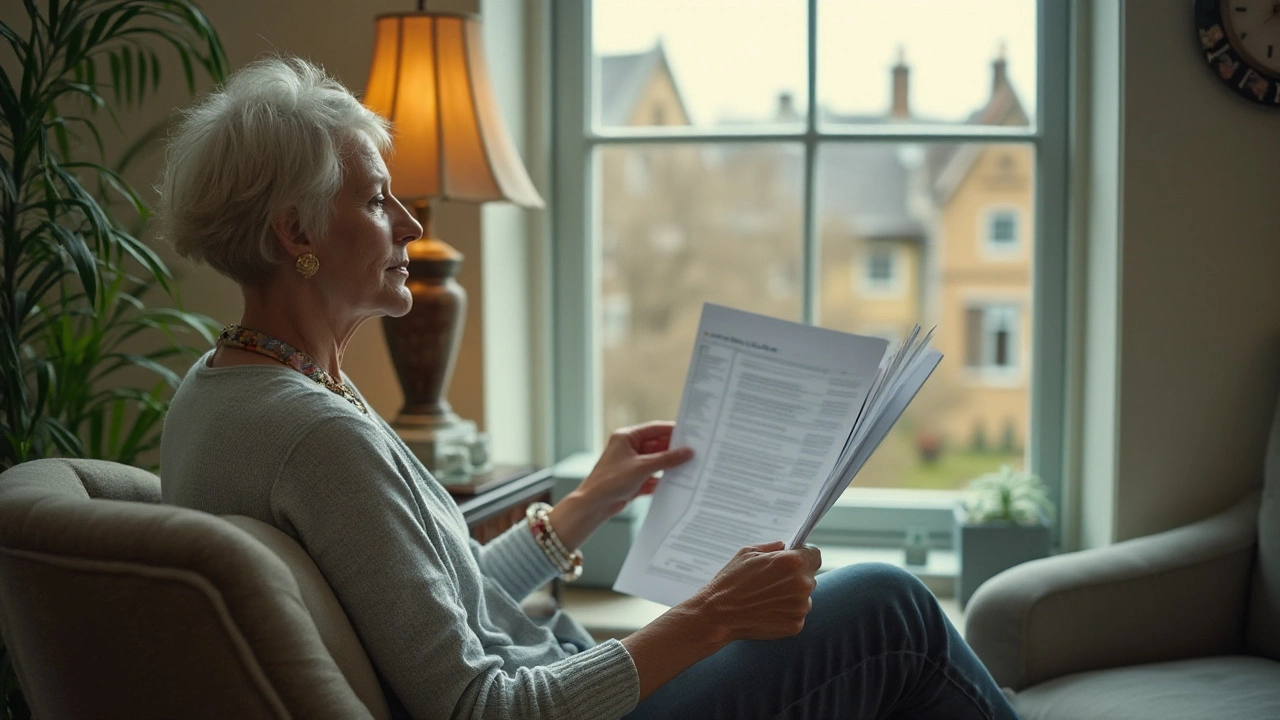Private Diagnosis: What It Is, Why It Matters, and How to Get One
If you’ve ever wondered why some people skip NHS appointments and go straight to a private clinic, the answer often lies in a private diagnosis. It’s simply a medical assessment that you pay for yourself, outside the public system. You get faster appointments, more choice in doctors, and sometimes tests that aren’t routinely offered by the NHS.
Why Choose a Private Diagnosis?
Most folks turn to private diagnosis when they need speed. Waiting lists for certain tests or specialist referrals can stretch months, and a delay can add anxiety or even affect treatment outcomes. Private clinics usually have dedicated scan rooms and labs, so you might get an MRI or blood panel within days instead of weeks.
Another reason is choice. In a private setting you can pick a doctor whose expertise matches your condition, or a clinic with a reputation for a specific specialty, like orthopedics or fertility. This level of control can make you feel more involved in your care.
Cost is a real factor, too. While private diagnosis costs money, many people find the price worth the peace of mind and quicker answers. Some employers even cover part of the expense through private health insurance plans.
How to Arrange a Private Diagnosis in the UK
Step one is to decide what you need. Are you after a simple blood test, a full-body scan, or a specialist’s opinion? Write down your symptoms and any previous NHS reports – this helps the private doctor understand your history.
Next, search for a reputable private clinic. Look for places that are accredited by the Care Quality Commission (CQC) and have clear patient reviews. Many clinics let you book online; you’ll need to provide basic details and sometimes upload NHS records.
When you book, ask about the exact costs. Some clinics charge a flat fee for a ‘diagnostic package’ that includes the appointment, tests, and a written report. Others bill each test individually. Knowing the total up‑front avoids surprise bills.
On the day of your appointment, bring any relevant NHS paperwork, a list of medications, and questions you want answered. Private doctors often have more time per patient, so use that to discuss your concerns fully.
After the assessment, you’ll get a detailed report. If further treatment is needed, the private doctor can refer you to a specialist or suggest a treatment plan. You can still take the report back to your NHS GP if you prefer public follow‑up.
Remember to check whether your private health insurance covers any part of the diagnosis. Policies differ – some pay for full diagnostic packages, others only for specific tests. A quick call to your insurer can clear this up.
Overall, a private diagnosis gives you speed, choice, and often a deeper dive into your health. It’s not a replacement for the NHS, but a useful supplement when you need answers fast.
Navigating NHS and Private Medical Diagnoses: What You Need to Know
In the UK, individuals often face the dilemma of whether the NHS will accept diagnoses made by private healthcare providers. This article explores the nuances of how private medical assessments align with the NHS treatment pathway. Gain insights into NHS protocols, the benefits and challenges of private diagnoses, and practical guidance for patients navigating dual healthcare systems. Learn how this can impact your healthcare journey and insurance implications amid the evolving landscape of UK medical care.

